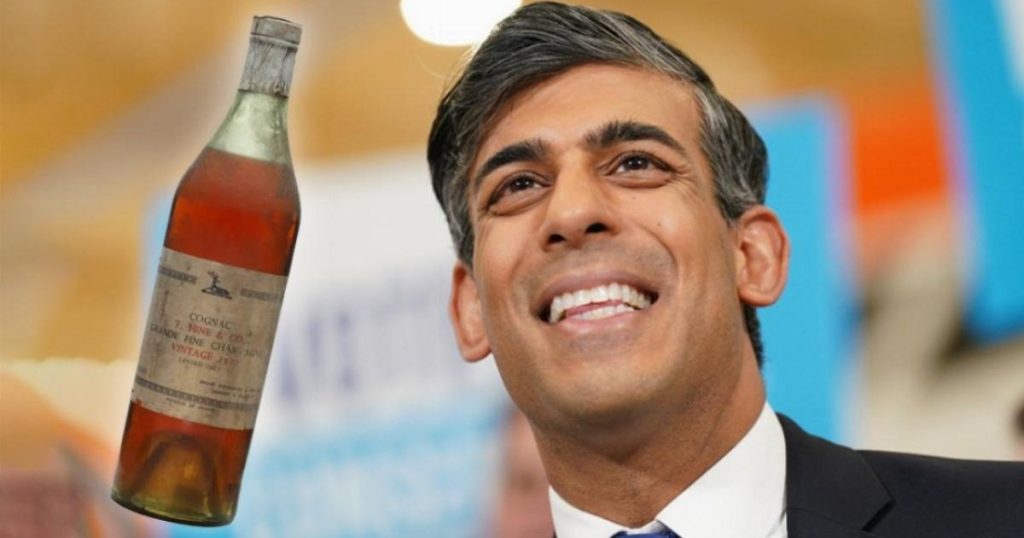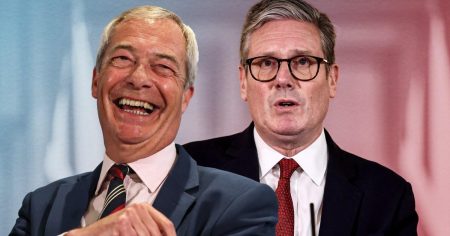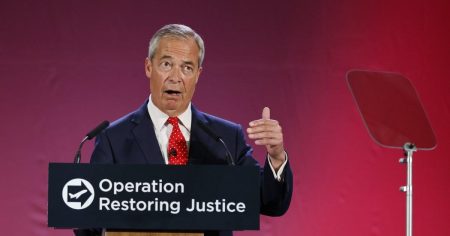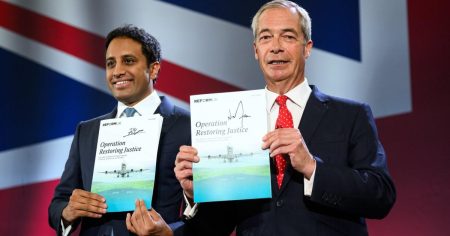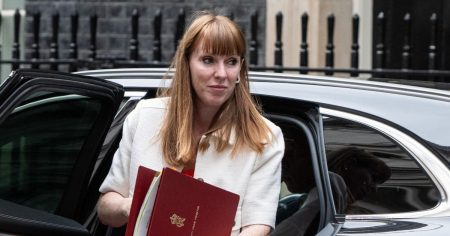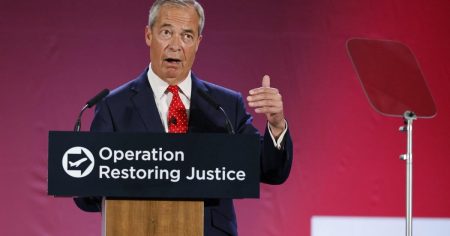The UK government’s Foreign Office disclosed that a rare and valuable bottle of 102-year-old cognac was opened and consumed at a celebratory event commemorating the centenary of the Government Wine Cellar, a revelation that has sparked public interest and scrutiny. This event, held in December 2023, occurred just months before Rishi Sunak’s departure from office and involved several prominent figures, including then-Minister Andrew Mitchell and members of the Government Wine Committee. The consumption of this historically significant cognac, bottled in 1922 – the year of Irish secession from the United Kingdom – raises questions about the appropriateness of such expenditure, especially considering its estimated value of £1,500 at previous auctions. The incident underscores the ongoing debate about government spending and the optics of enjoying such luxury items during times of economic uncertainty.
The Government Wine Cellar, a repository of fine wines and spirits located beneath Lancaster House in London’s West End, serves a specific diplomatic function. Established in 1922, it falls under the purview of the Foreign Office and is primarily used to provide high-quality refreshments during diplomatic engagements, a practice often referred to as “liquid diplomacy.” This tradition of utilizing fine wines and spirits to foster international relations has long been a part of diplomatic protocol, but the consumption of such a historically significant and expensive bottle has brought this practice under public scrutiny, raising questions about the balance between tradition, diplomacy, and fiscal responsibility.
The scale and value of the Government Wine Cellar’s collection have also come under the spotlight following the December 2023 event. A report from October 2023 revealed that the cellar holds an impressive 2,713 bottles, with a majority (1,771) originating from Britain. Beyond wines, the collection also includes 33 bottles of spirits and brandy, further diversifying its offerings. The total estimated value of this extensive collection reaches a staggering £3.8 million, a figure that has fueled discussions about the justification of such a substantial investment in alcoholic beverages, especially during times of public spending constraints.
Details of the centenary celebration and the consumption of the 1922 Hine Cognac were brought to light through a government response to inquiries from Emily Thornberry, chair of the Foreign Affairs Committee. Catherine West MP confirmed the attendance of key figures, including Andrew Mitchell, the minister responsible for the Government Wine Cellar at the time, members of the Government Wine Committee, their guests, and officials. The transparency surrounding the event, facilitated by the government’s response, has allowed for public scrutiny and discussion of the event’s appropriateness and the overall management of the Government Wine Cellar.
The incident highlights the complexities of managing public resources and balancing tradition with fiscal responsibility. The Government Wine Cellar, while serving a diplomatic purpose, also represents a significant investment of public funds. The consumption of the 1922 cognac, while arguably part of the cellar’s intended function, has prompted reflection on the optics of such expenditures, especially during times of economic hardship for many citizens. This incident underscores the delicate balance the government must strike between upholding diplomatic traditions and demonstrating responsible use of taxpayer money.
The broader context of this event includes the ongoing discussion about government spending priorities and the public perception of such expenditures. The revelation of the cognac’s consumption comes at a time of increasing scrutiny of government spending, particularly on non-essential items. The incident has fueled public debate about the justification of maintaining such a valuable wine collection and the appropriateness of using it for celebratory events. This discussion reflects a broader societal concern about the responsible use of public resources and the need for transparency and accountability in government spending.





